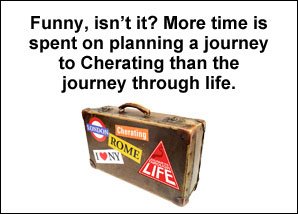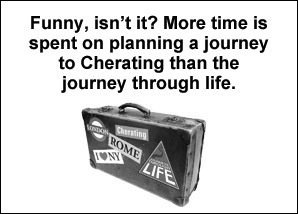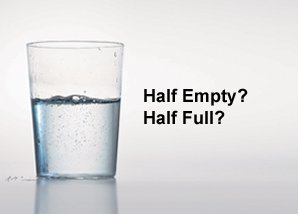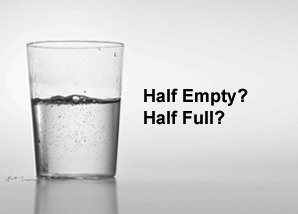All your life, you’ve counted on Dad. Now, even for retirement?
You’ve always looked up to Dad as your provider, as far as you can remember. He’s seen you through school, even helped with your first car, home financing and wedding. So how long should the umbilical cord stay on as far as finances go?
.
We are familiar with the concept of children providing for their parents’ retirement but what about the reverse? Surprisingly, Malaysia ranks as one of the top 2 countries in Asia Pacific where an inheritance could be the children’s retirement plan. 86% of Malaysians think that children have a right to expect an inheritance from their parents, second only to Thailand at 87%. And 77% think it is their parents’ duty to do so.1
Daddy’s money – a plausible retirement plan?
There’s a marked difference between relying on your parents when you’re too young to earn, and expecting as an adult that their assets will eventually pass to you and form part of your savings. Their property, cash and assets, if any, may eventually become yours, but they are far from certain in any case.
.
That’s because expectations and reality may not align. While children expect an inheritance from their parents, parents are thinking twice about sacrificing their retirement lifestyle for their children. Only 57% of Malaysians would be willing to hold off from enjoying their retirement in order to maximise what they could leave to their children.1 So a rich Dad may not necessarily mean rich kids.
Rich Dad, Rich Kids?
But, let us suppose, you do gain an inheritance. You still have to face the very real enemy of your inherited stockpile: Inflation. Unless your liquid assets are well invested, their purchasing power will erode with time. Inflation will cause three meals today at RM20 to cost RM64 in just 20 years, given an inflation rate of 6%. Daddy’s money may not go very far.
.
How about property? Property does seem to have a good track record of keeping its value and even scoring capital gains. However, you must consider whether the property is still under financing and if so, the cost of repaying the loan which would fall upon you should you inherit it. The property market also has its inherent risks. A property in a good location today may not be so in 20 years’ time and you may not be able to command the price you want or find a suitable tenant to rent it.
.
There is also the chance that you may not receive the full inheritance because your parents’ assets may be disposed of or reduced for any number of reasons, or that they are diverted to someone else. Compounded with that, should your parents fail to leave a written will, the resulting legal web can take years to untangle.
.
In such cases, you can hardly milk the inheritance for regular, predictable income.
.
An inheritance, if you should come into one, is a windfall, an unexpected blessing. The quality of your retirement should not hinge upon it, nor should you place all your eggs in this uncertain nest. Be financially self-sufficient by planning right now for your golden years. Then, perhaps like your parents, you too will have the option of passing on a financial legacy to your own children.
A fulfilling retirement begins with one small step today. Talk to our Relationship Managers on HSBC Advance to find out about HSBC’s new retirement plan.
Call 1 300 88 0181, visit your nearest HSBC branch for more information or visit www.hsbcadvance.com.my to register online.
.
Facts that figure
- 83% of Malaysians lump their retirement savings together with general savings, and would readily use their retirement savings for other purposes.2
- Malaysians fail to factor in inflation when planning for retirement. Annual expenses of RM48,000 today will cost RM154,000 in 20 years’ time, at 6% inflation.3
- 99% of EPF withdrawals are in the form of a lump sum at 55, which then gets used up in 3-10 years at most.4
Source:
1. Nielsen, “Passing on Wealth to the Next Generation?” June 11, 2007
2. The Star, “Planning for retirement” April 4, 2009
3. The Star, “Counting On The Nest Egg” May 27, 2007
4. The Star, “Phased EPF withdrawals, a better option” May 27, 2007
September 2012


 LIKE THIS ARTICLE?
LIKE THIS ARTICLE?





















